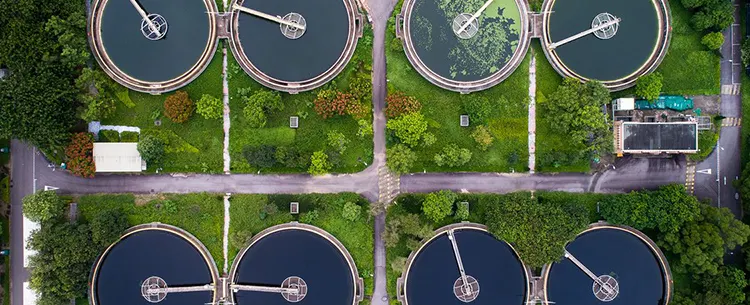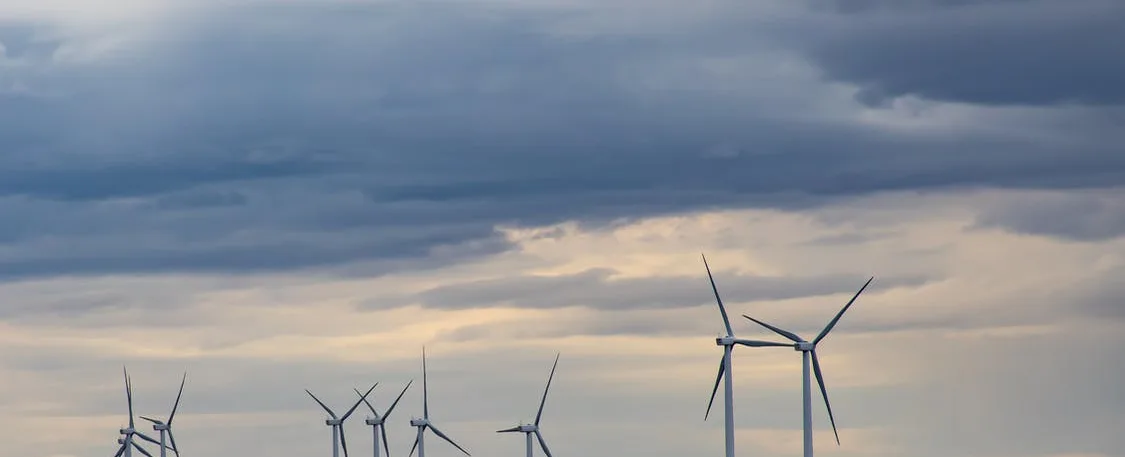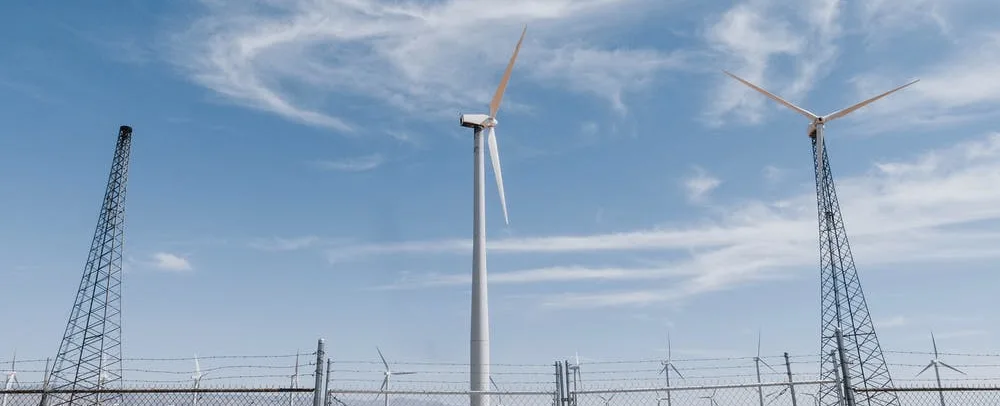Recycle wastewater into clean water and valuable resources

Researchers at Stanford University are developing an anaerobic wastewater treatment process to produce clean water and valuable resources.
In a world where one in four people do not have access to clean water, many of whom live in poverty, scientists are constantly looking for new ways to replenish supplies. water for mankind.
A mechanism called anaerobic filtration has received much attention because it uses very little energy to convert wastewater into a consumable form, but there is a problem: while purifying the water, the filtration process anaerobes tend to produce dangerous by-products associated with sulfide (an inorganic ion of sulfur). These substances are extremely harmful to human health and the environment.
According to the Centers for Disease Control and Prevention (CDC), inhaling hydrogen sulfide can lead to symptoms such as difficulty breathing, tremors, eye and skin irritation, loss of consciousness, and even death at high concentrations. . That means workers at wastewater treatment plants face many health risks.
To address this urgent situation, in a paper published March 2 in the journal ES&T Engineering, researchers from Stanford University in the US have revealed a new anaerobic process, not only transform toxic sulfides in wastewater into safe compounds, but also create valuable resources for technological and agricultural production.
Usually, scientists try to solve the sulfide problem by using certain chemicals to separate sulfur derivatives into non-toxic components. However, that often corrodes the pipes of the filtration system, reducing the overall efficiency of the clean water generation.
In the new method, the team treats sulfides using a technique known as electrochemical sulfur oxidation. "The process we're working on is converting the sulfides in the wastewater into something more valuable, like sulfuric acid, that can be used in a variety of manufacturing processes or as fertilizers," said the lead author. Xiaohan Shao, a doctoral student in civil and environmental engineering at Stanford University.
Essentially, this electrochemical system gives researchers the option to convert sulfides into other sulfur derivatives, thus completely removing dangerous chemicals from anaerobic filtration. According to the team, the process requires very little energy and can be run entirely on renewable sources, allowing it to be applied to entire cities.
“We can integrate our process into other advanced wastewater technologies to bridge the gap between wastewater and drinking water,” added Shao. "It is hoped that this research will help accelerate the adoption of technologies that reduce pollution, recover valuable resources, and create drinking water at the same time."
According to Vnexpress


